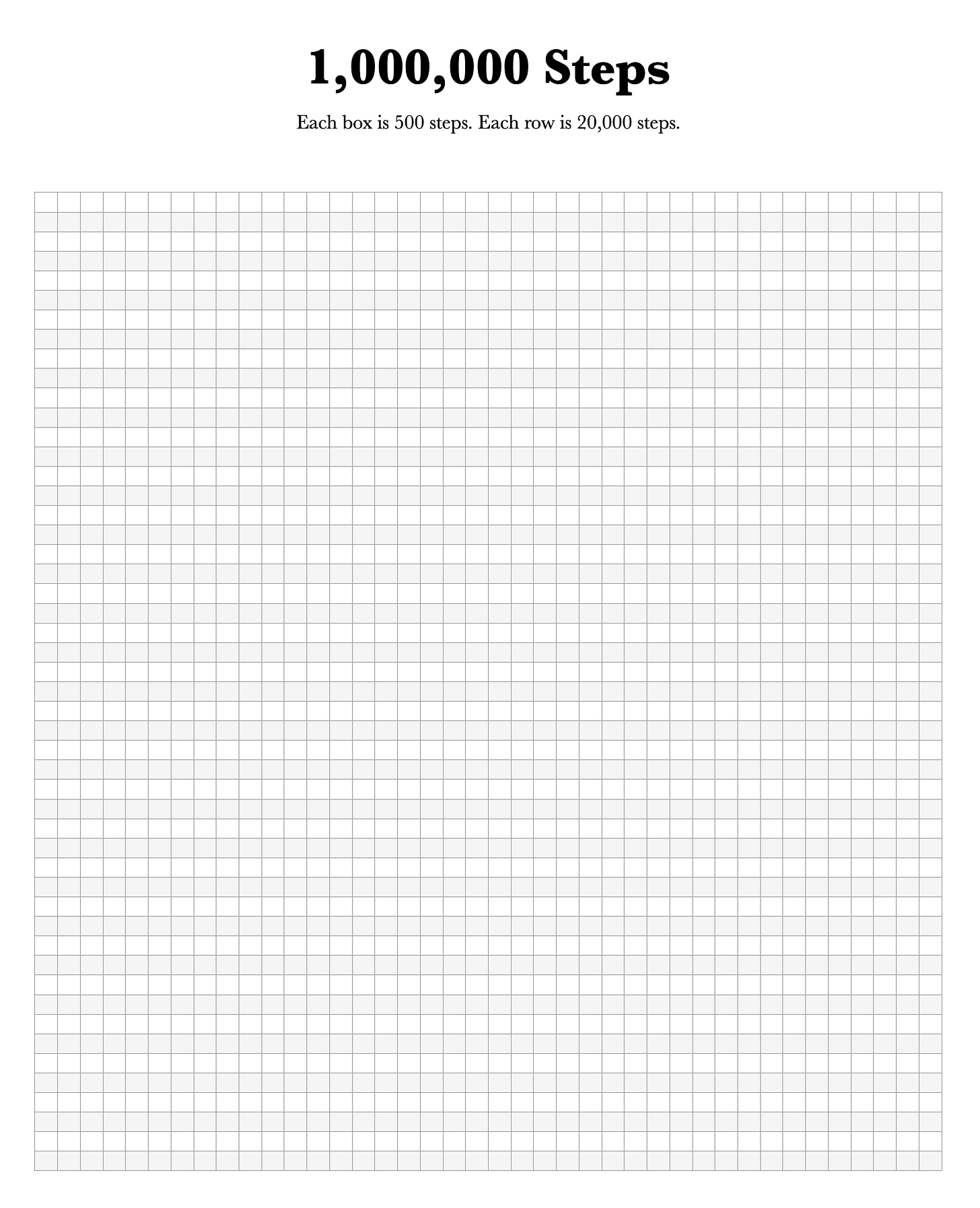Beat Procrastination by Tracking Time Spent

This is part of my How to Stop Procrastinating series.
Hey, friends!
We often procrastinate because it takes a long time to see measurable improvement.
For example, we start a new exercise routine, and after a week, we don’t see bulging muscles or a slimming waistline. We’re not yet sleeping well and brimming with energy first thing in the morning.
Or maybe we start guitar lessons, but after a few hours of practice, we’re still terrible at it. We hesitate to even tell anyone that we’re taking lessons because we’re scared of being asked to play something and playing horribly.
When we exert effort but don’t see a commensurate amount of progress, we feel demotivated and give up.
The solution
The solution is to find a way to feel like we’re making progress each time we work toward our goal. We need a way to feel good every time we complete a 5-minute workout, spend 5 minutes practicing guitar, etc.
My favorite way to do this is to track time spent.
Let’s walk through five examples. (Don’t worry—they’re short.)
Example 1
If you’re learning a new skill (e.g., guitar, Spanish), track time spent practicing in 5-minute chunks.
Every time you spend 5 minutes working towards your goal fill in a box. This helps overcome your internal resistance to starting. It also gives you a feeling of accomplishment and a sense of momentum.
You can do 5 minutes today, right?
Every chunk you complete today is one you don’t have to do tomorrow. There’s an obvious reward for doing something today.
It’s like that quote from James Clear:
Rome wasn’t built in a day, but they were laying bricks every hour.
You don’t have to do it all today. Just lay a brick.
Example 2
If you’re starting to walk/run more, track your distance in 0.1-mile chunks.
Example 3
If you’re tracking your steps, track them in 500-step chunks.
Example 4
Want to take things to the next level and spend 1,000 hours becoming proficient in something?
Example 5
Want to do something for 100 days? One friend went 100 days without sweets. Another friend worked on her novel for 20 minutes for 100 days.
My friends tracked their progress with a simple chart placed somewhere where they’d see it multiple times per day. Each day they were successful, they filled a box with the date.
Now, were my friends perfect? Did they go 100 consecutive days without missing any? No, they missed a day here and there. One got Covid-19 and didn’t write for a week. But the chart helped her get on track once she recovered.
Some people will scoff at such a simple system. They’ll say that you can’t write a novel in 20-minute chunks. (They’re dead wrong.) They’ll say that avoiding sweets won’t improve your health. (Also, wrong.) Ignore these naysayers. Their goal isn’t to help you—it’s to put down ideas so they sound smart.
We all have big audacious goals. We all dream of accomplishing hard things. But big dreams aren’t sufficient. You have to eat the elephant one bite at a time. The key is to take a small step and build momentum so you’re motivated to take the next step. And the next. Forever.
In short, success depends on your ability to maintain motivation.
But when you’re starting something, you won’t see much progress. A new exercise regimen won’t produce amazing results overnight. A few hours working on your novel won’t get you a published bestseller.
So stop looking at your measly results.
Instead, track your inputs. Track time spent or the number of days you accomplished a tiny goal. Celebrate every small victory. This will give you enough motivation to take the next step. This is how you beat procrastination.
And then, in one year, you’ll be amazed at how much measurable progress you made!
Read more on How to Stop Procrastinating.
Thanks to Brynn for reading a draft of this!





